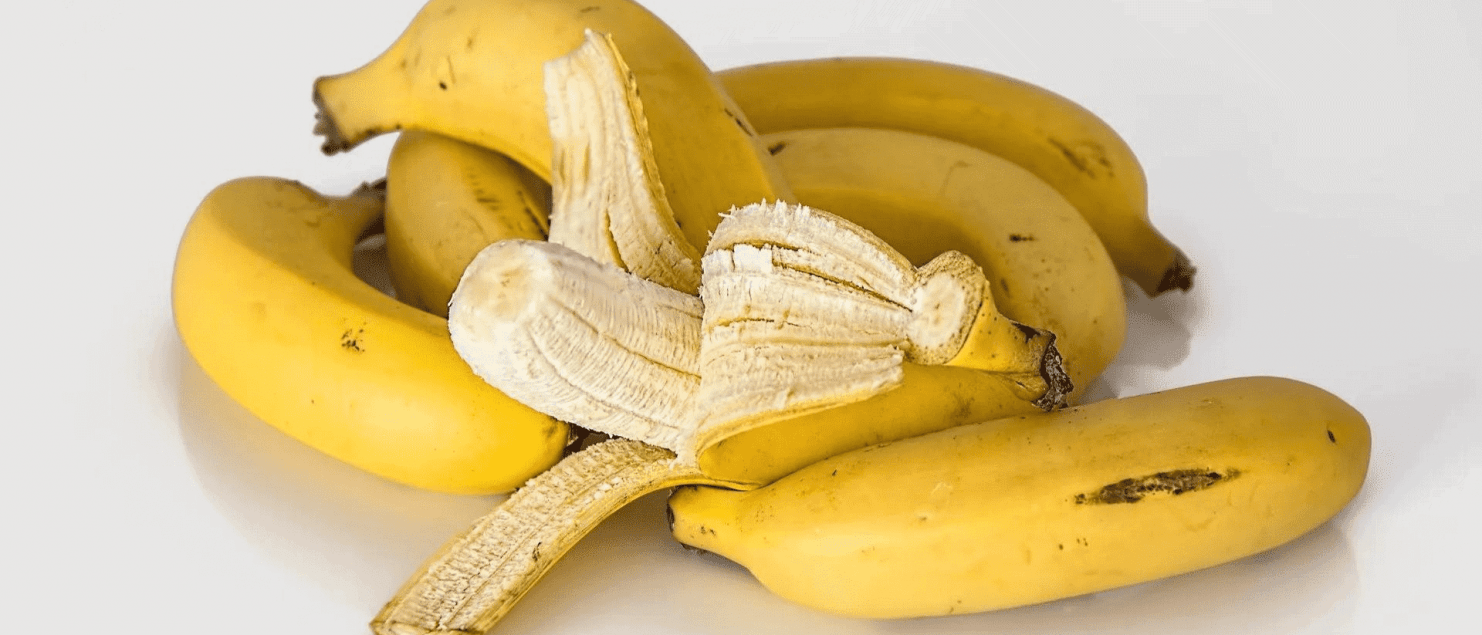Beginner’s Guide: Potassium
Potassium is a nutrient that’s essential for human health. It’s found in many foods, including fruits, vegetables, meat, and dairy products. The body needs potassium to maintain fluid levels, nerve function, muscle contraction, and heart function. Potassium is also important for bone health.The body uses potassium for many different functions.
For example, potassium helps maintain fluid levels, nerve function, muscle contraction, and heart function. Potassium is also important for bone health. The body gets potassium from the diet. Potassium is found in many foods, including fruits, vegetables, meat, and dairy products. Fruits and vegetables are especially good sources of potassium.
What does Potassium do in the body?
Potassium has many benefits for the body. It helps maintain fluid levels, which is important for proper bodily function. Potassium also helps with muscle contraction and nerve function. In addition, potassium is important for heart health and bone health. Getting enough potassium from the diet can help prevent high blood pressure and reduce the risk of stroke. Potassium can also help prevent osteoporosis by keeping bones strong.
Food Sources & Supplementation
Potassium Rich Foods
You can find potassium in a variety foods, including fruits, vegetables, dairy products, and meat.
Potassium supplements are available in pill or powder form. You can also get your recommended daily intake of potassium by using a salt substitute that contains potassium chloride. Some good sources of potassium include:
Bananas
Bananas are one of the most popular potassium-rich foods. A single banana contains 422 mg of potassium, which is about 9% of the recommended daily intake. Bananas are also a good source of dietary fiber and vitamin C.
Avocados
Avocados are another excellent source of potassium. A single avocado contains 708 mg of potassium, which is about 15% of the recommended daily intake. Avocados are also a good source of healthy fats, dietary fiber, and vitamins C, E, and K.
Sweet potatoes
Sweet potatoes are a delicious and nutritious way to get your daily dose of potassium. A single sweet potato contains 540 mg of potassium, which is about 11% of the recommended daily intake. Sweet potatoes are also a good source of dietary fiber, vitamins A and C, and manganese.
White beans
White beans are a great option for those looking for a high-potassium food that is also low in calories. A cup of cooked white beans contains 1,006 mg of potassium, which is about 21% of the recommended daily intake. White beans are also a good source of protein, dietary fiber, and iron.
Salmon
Salmon is a delicious and nutritious way to get your daily dose of potassium. A 3-ounce serving of cooked salmon contains466 mg of potassium, which is about 10%of the recommended daily intake. Salmon is also a good source of protein, omega-3 fatty acids, and vitamin D.
Yogurt
Yogurt is a great way to get your daily dose of potassium and probiotics. A cup of plain yogurt contains 579 mg of potassium, which is about 12%of the recommended daily intake. Yogurt is also a good source of protein, calcium, and vitamin B12.
Spinach
Spinach is a nutrient-rich leafy green that is an excellent source of potassium. A cup of cooked spinach contains 840 mg of potassium, which is about 18%of the recommended daily intake. Spinach is also a good source of vitamins A, C, and K, magnesium, and iron
Possible side effects or interactions
Potassium is generally safe and well-tolerated by most people. However, some people may experience side effects from taking too much potassium or from taking supplements without speaking to a healthcare provider first.Possible side effects of taking too much potassium include nausea, vomiting, stomach pain, diarrhea, constipation, irregular heartbeat, and low blood pressure .
If you experience any of these side effects after taking potassium supplements or if you have kidney disease , it’s important to speak to a healthcare provider as soon as possible as too much potassium can be dangerous in these cases. Certain medications can interact with potassium supplements.
These drugs include ACE inhibitors (used to treat high blood pressure), diuretics (used to treat edema), and NSAIDs (used to treat pain). Be sure to talk to your healthcare provider before taking a potassium supplement if you are taking any of these medications.Pregnant women and young children should not take potassium supplements unless directed to do so by a healthcare professional.
Conclusion
Overall, Potassium is an essential mineral that plays many important roles in the body . It’s found in abundance in nature,and most people consume more than enough through diet alone .with that being said , it’s still possible for some people to benefit from supplementing with this mineral . However ,it’s important to be aware of potential side effects and drug interactions associated with supplemental potassium before taking it .If you have any questions or concerns , please consult with a healthcare professional . Thanks for reading !
Sign up for my free email newsletter and get access to tips, tricks & content that will help you live your healthiest life! Ready to take the next step? Book your first coaching session and take 10% off!
I'm a wellness coach, focusing on supporting adults new to fitness, nutrition & self-care. Passionate about encouraging healthy habits, mindset, posture & sleep, especially for those starting their wellness journey later in life.

